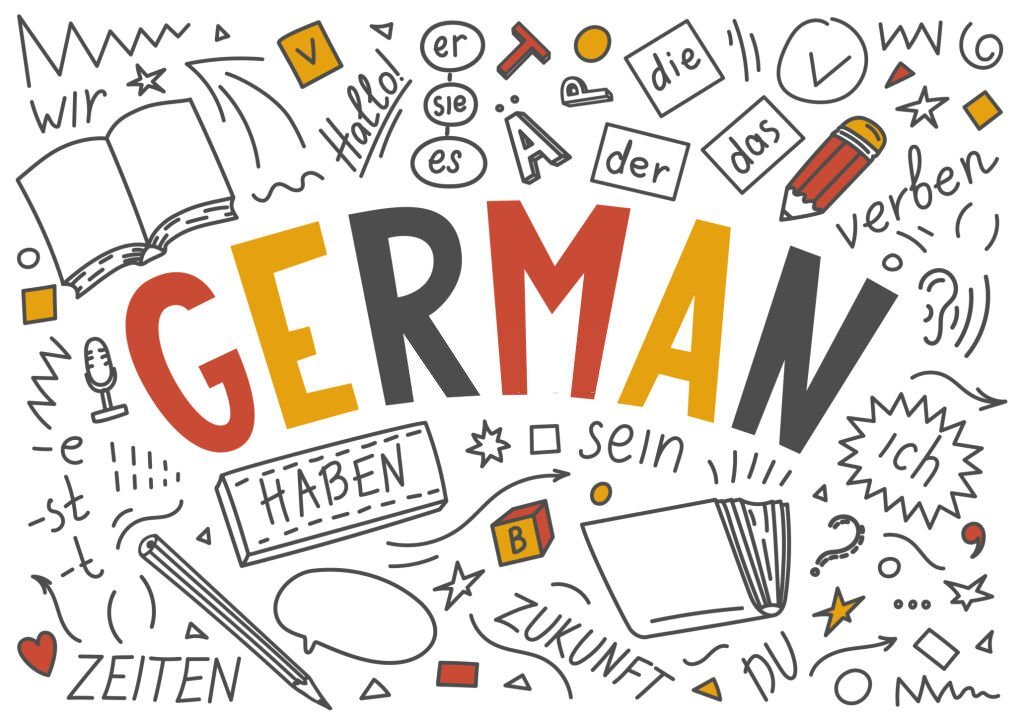When you think of the Germanic languages, English came into your mind which is the most spoken language in the world. Approximately, 1.5 million people around the globe speak this language making it a universal language. Other languages that fall in the category of Germanic language share similarities because of sentence composition and vocabulary. If you are fluent in English then you can learn other Germanic languages easily such as Swedish, German, and Icelandic. You must be wondering, about Germanic languages and how they are different from other languages like the Romance languages.
Let’s dive into the origins of the Germanic languages and the similarities they have.
Germanic Languages and their Origin
Languages evolve with time so people speak them in different dialects. Sometimes these dialects result in the formation of distinct languages. To differentiate other languages, linguists have organized languages into separate family trees. The language that is at the top of the family tree is called proto-language or parent language.
Do you know that Germanic languages are a branch of the Indo-European language family? Moreover, they are native to Western Eurasia. Around 515 million people around the world speak the Germanic language. In addition, two million people speak it as a second language.
One of the major differences between each of the Germanic languages is that they all originated from the Proto-Germanic language tree and share similarities. For example, they use the same words to describe many things. The English word house is translated to us in German. Therefore, if you want to differentiate German words from English then, you must take assistance from German translation services.
Branches of Germanic Languages
The Germanic languages are segregated into three branches.
- East Germanic languages
- West Germanic languages
- North Germanic languages
East Germanic Languages
East Germanic languages consist of extinct Germanic languages which are
- Gothic
- Vandalic
- Burgundian
Out of these languages, Gothic survived for a longer period, and people living in the parts of Crimea spoke it for communication until the late 18th century.
West Germanic Languages
This branch is the largest among the three and it includes the three most widely spoken Germanic languages that are English, German, and Dutch. Around 500 million people speak these languages natively. A list of these languages are:
- English
- German
- Scots
- Dutch
- Yiddish
- Afrikaans
- Frisian
North Germanic Languages
The North Germanic languages are Swedish, Danish, and Norwegian. These languages are also known as Nordic or Scandinavian languages. Approximately, 20 million people living in the Scandinavia region speak these languages.
A list of these languages are:
- Danish
- Icelandic
- Norwegian
- Faroese
- Swedish
Want to Know why English is a Germanic Language?
It also shares a large vocabulary with Romance languages like Italian and French. Linguists consider many factors that determine a language,s family tree. Apart from vocabulary, grammar, and pronunciation is also very important. The important thing to note is that English,s overall composition is similar to the Dutch and German languages. The English phrase Good morning is said Guten morgen in German and in Dutch, it is called Goedemorgen. The phrases are similar. However, their pronunciation is different.
Difference Between Germanic and Romance Languages
Romance languages include the languages like French, Spanish, and Italian. If you want to differentiate between the romance languages like French and Italian, then you must take assistance from French or Italian translation services. Languages are different within the language family. Moreover, they are different from other groups too.
The main difference between the Germanic and Romance languages is that the Romance language evolved from Vulgar Latin. On the contrary, Germanic languages evolved from Proto-Germanic. This creates a difference between the Romance and Germanic languages, regarding grammar and accent. Surprisingly, when it comes to accent, researchers have found that the sound of newborns,s first cries depict whether their parents speak Germanic or Romance language. The research concluded that French babies’ cries sound more melodious than the cries of German babies.
Which Germanic Languages are Most Useful to Learn?
Are you ready for a new language and are confused about which Germanic language to go for. The answer to this question depends upon your goals. If you want to enhance your career opportunities then learning German is a viable option. Around 130 million people around the world speak the German language. People living in Germany, Switzerland, Austria, and Luxembourg speak this language. The languages that are easier to learn are Dutch and Norwegian. This is because they have similar sentence structure and vocabulary. These languages are mutually intelligible. Therefore, if you learn one language then you can easily learn other languages.
Wrapping Up
For English speakers, Germanic languages are easier to learn than Slavic languages. Slavic languages are spoken in central Europe, Eastern Europe, the Northern part of Asia, and many parts of the Balkans. If you want to migrate to central Europe then you should learn Slavic languages instead of Germanic languages. Bulgarian is one of the Slavic languages. Bulgarian translation services can assist you in learning this Slavic language. The same goes for Germanic languages.
For more detail click here.





